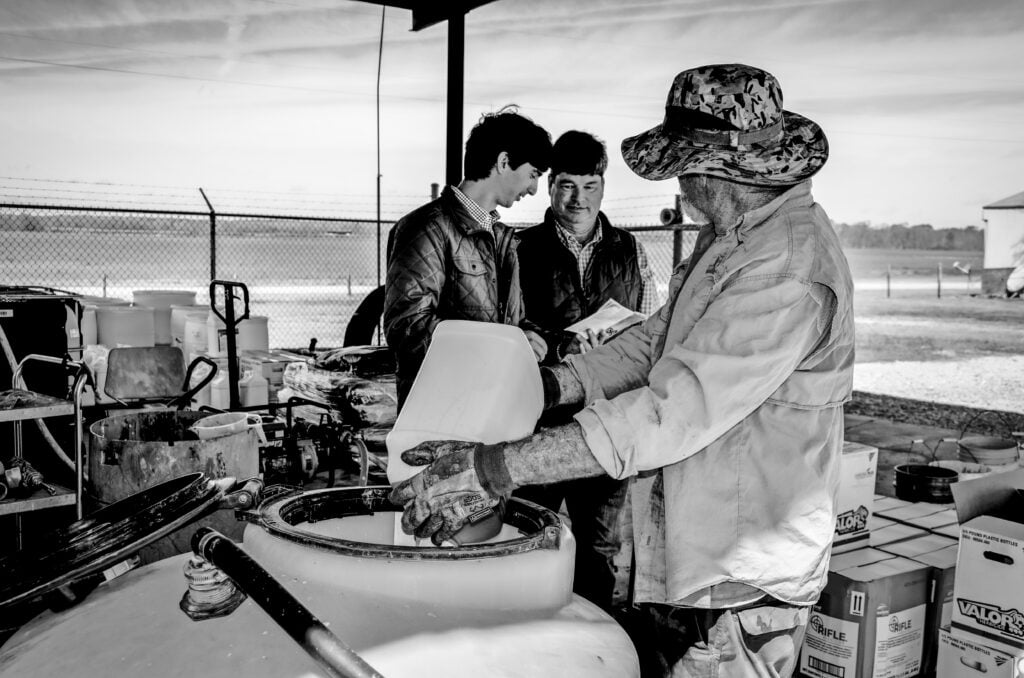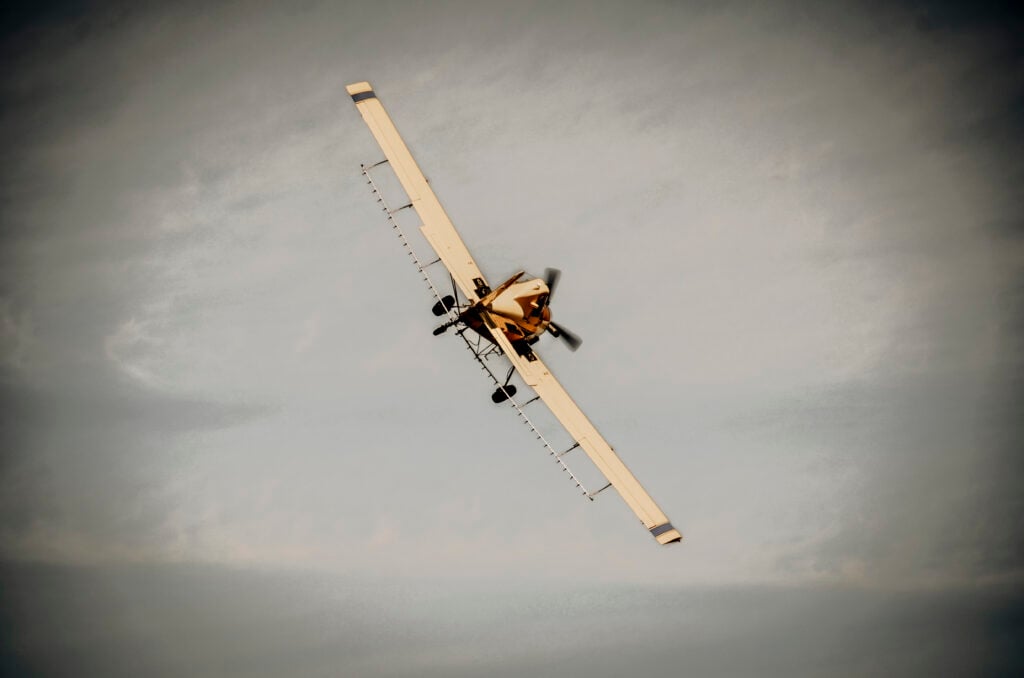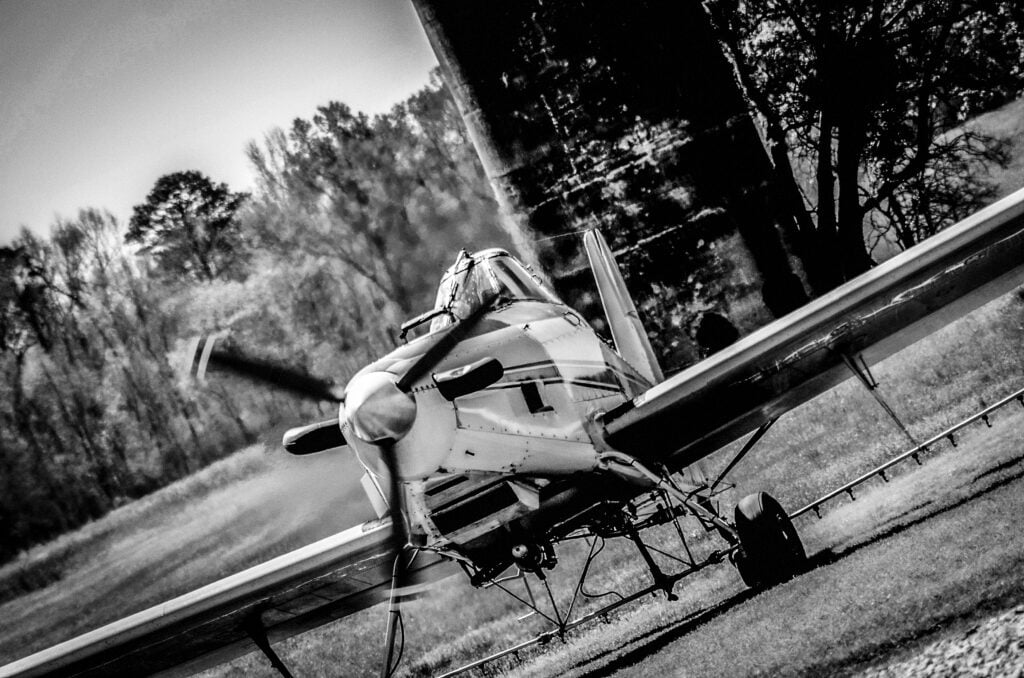Gentry Smith’s story is one of hard work, determination, and a deep-rooted passion for agricultural aviation. Born into a cotton farming family in Selma, Alabama, Gentry's journey into aviation was anything but conventional.
While attending Auburn University, Gentry found an opportunity that would change his career trajectory. Lloyd Henderson, a local aerial applicator treating Gentry’s father’s farm, needed a loader and offered Gentry $500 a week. As a college student, Gentry eagerly accepted without asking about the hours required. This decision marked the beginning of his aviation career.
Despite working for an operator unwilling to introduce him to flying, Gentry pursued his path, obtaining his private, instrument, and commercial ratings while working as a loader. In 1990, at Lloyd’s suggestion, Gentry transferred schools to be closer to the operation and gain more hands-on experience. The following season, Lloyd suffered a quadruple bypass surgery, forcing him to hire two pilots. In Lloyd’s absence, Gentry managed the operation from the ground, contributing to a highly successful season.
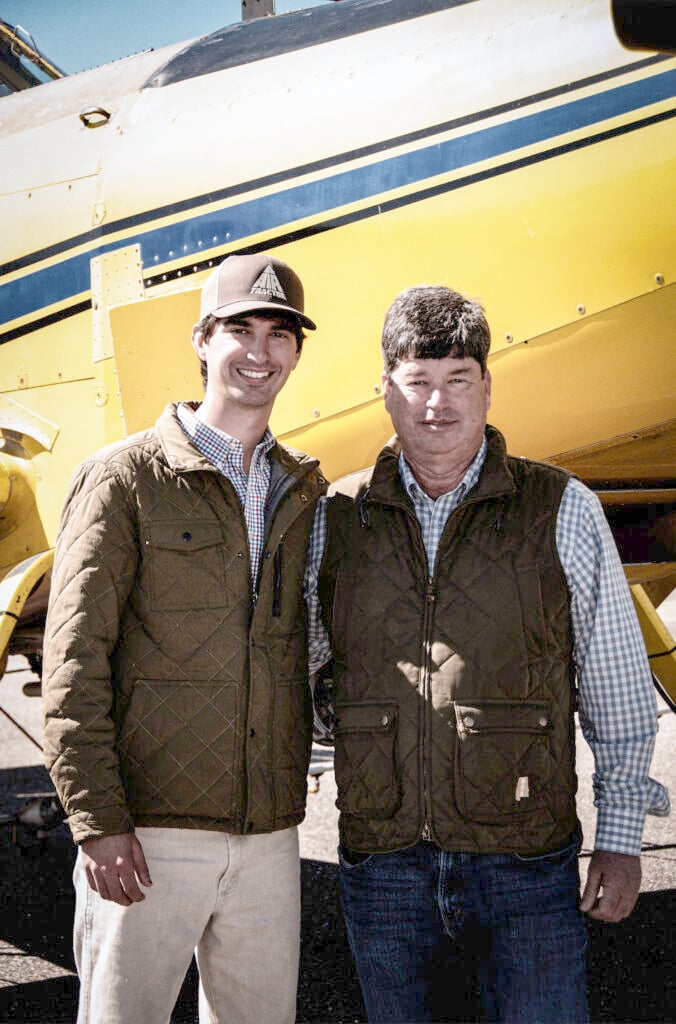
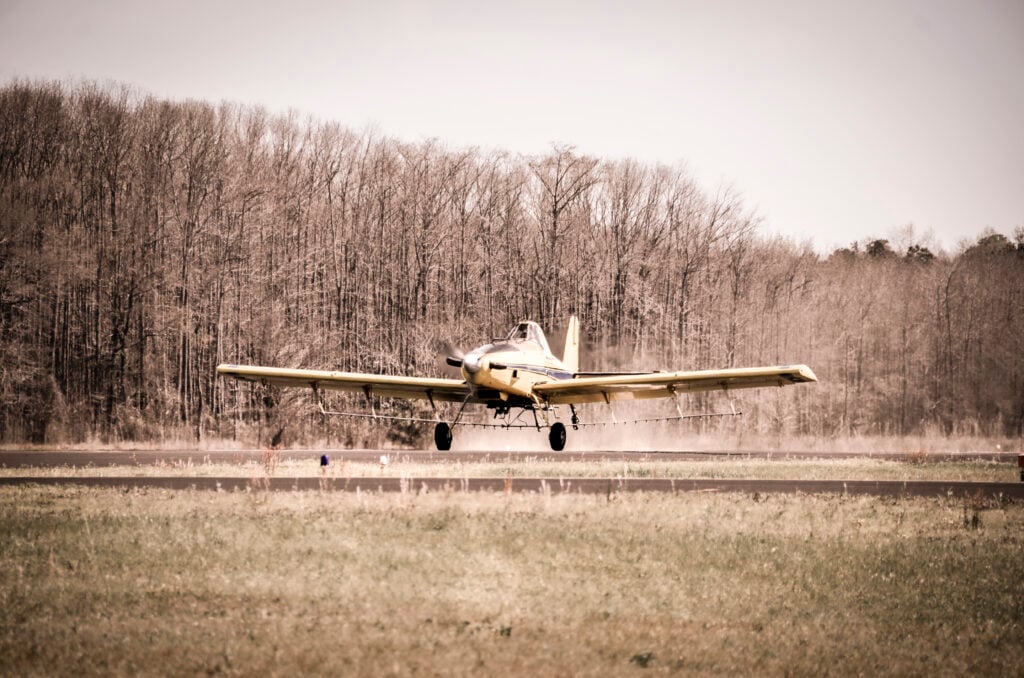
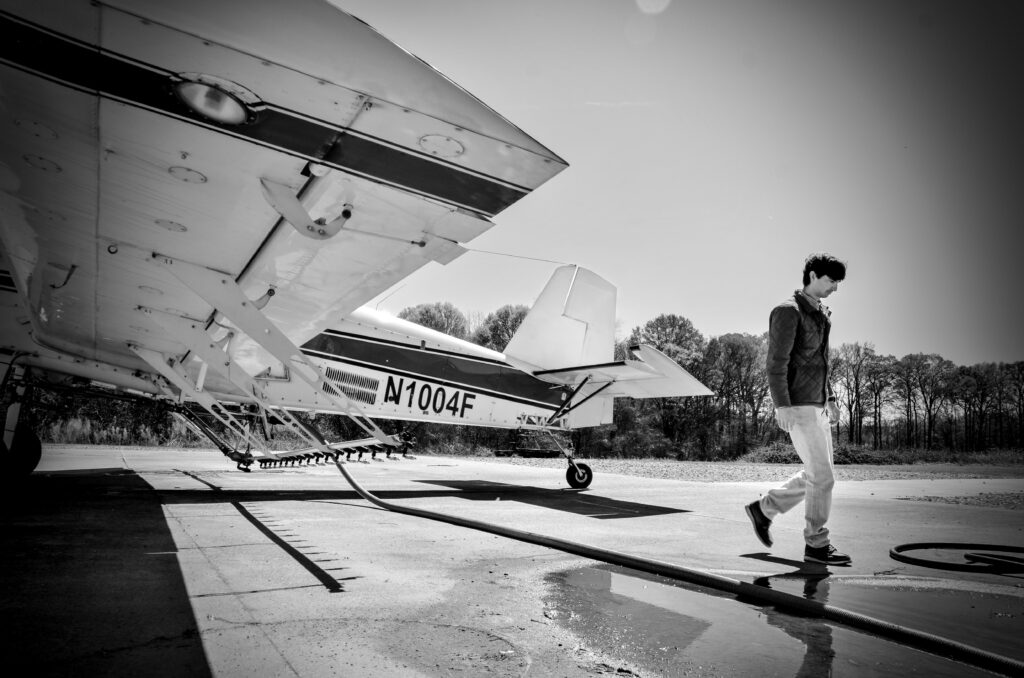
By 1992, Gentry had proven himself capable of running the business. Lloyd gave him his first flying opportunity in an AT-301, where he performed dry work. The following year, Gentry expanded his experience by flying Boll Weevil eradication missions while continuing to work for Lloyd.
In 1993, the contractor Gentry worked for acquired Lloyd’s operation, leading to new opportunities. By 1995, Gentry returned to Prattville, Alabama, to work with Robbie Roberts, but the local industry faced a downturn. That same year, Charles Moon, a regional operator, introduced Gentry to turbine aircraft. Charles later offered him a seat in a 400-gallon Lane Conversion Thrush, where he gained extensive experience fertilizing crops and trees.
After three years with Charles Moon, Gentry met Jim Miller during a Boll Weevil contract, leading to helicopter application opportunities. In 1998, he joined Jim’s operation, starting from the ground as a batch truck driver and working his way up to spraying.
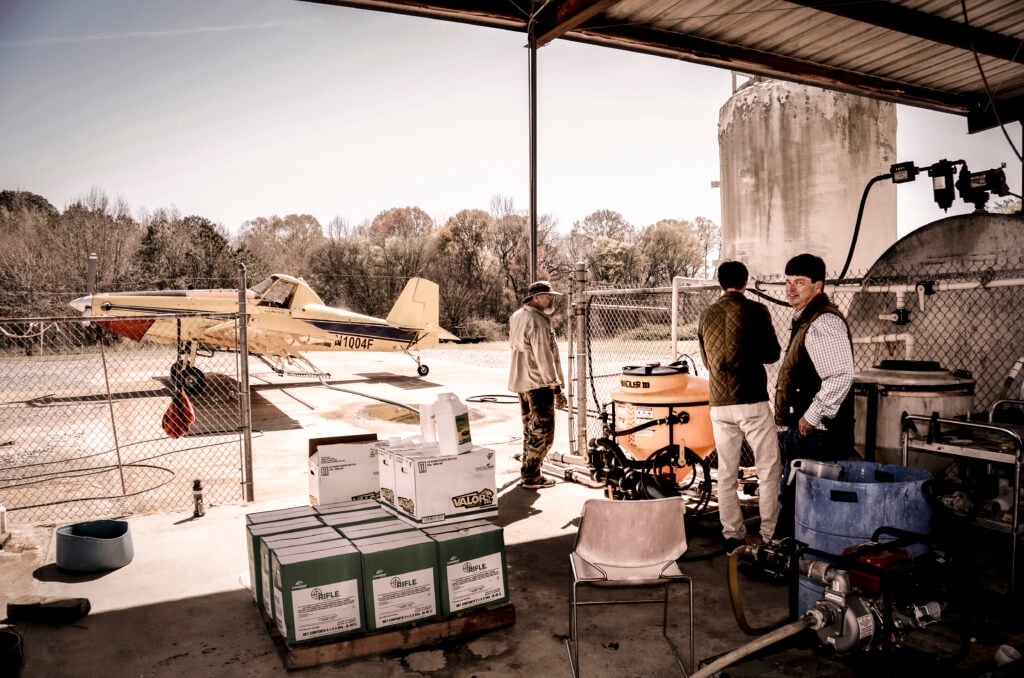
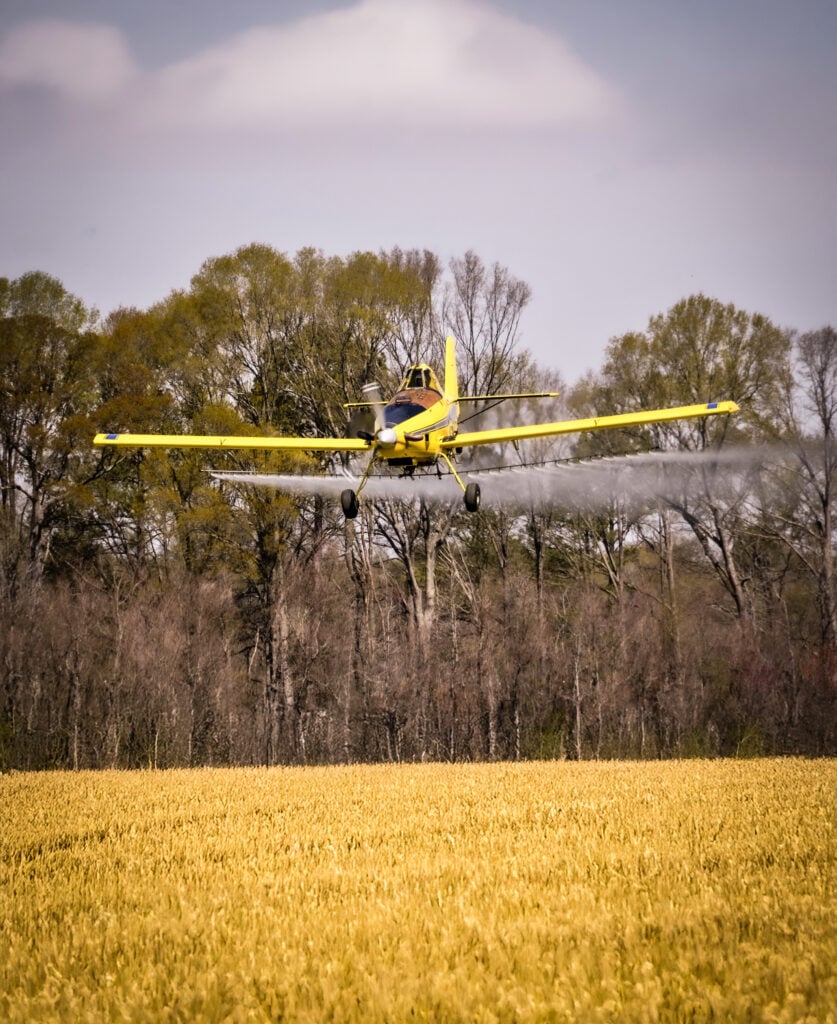
However, life had different plans. The nomadic nature of helicopter application clashed with the arrival of his daughter in 1997. Prioritizing family, Gentry moved back to Alabama, and in 1999, he bought out Robbie Roberts’ business, one of the original operators he worked for. The purchase included an AT-301, and Robbie, at 57, continued flying for Gentry for another decade. Now 85, Robbie still works in the shop a few days a week.
Shortly after acquiring the business, Gentry expanded by purchasing another local operator’s business. In 2001, he added his first turbine aircraft, an AT-602, which was mainly used for forestry fertilization. By 2002, he and a partner re-entered the helicopter industry, gaining a Mark V Tomkat, OH-58s, and batch trucks. In 2003, he upgraded from an AT-301 to an AT-400, eventually replacing it in 2007 with an AT-502.
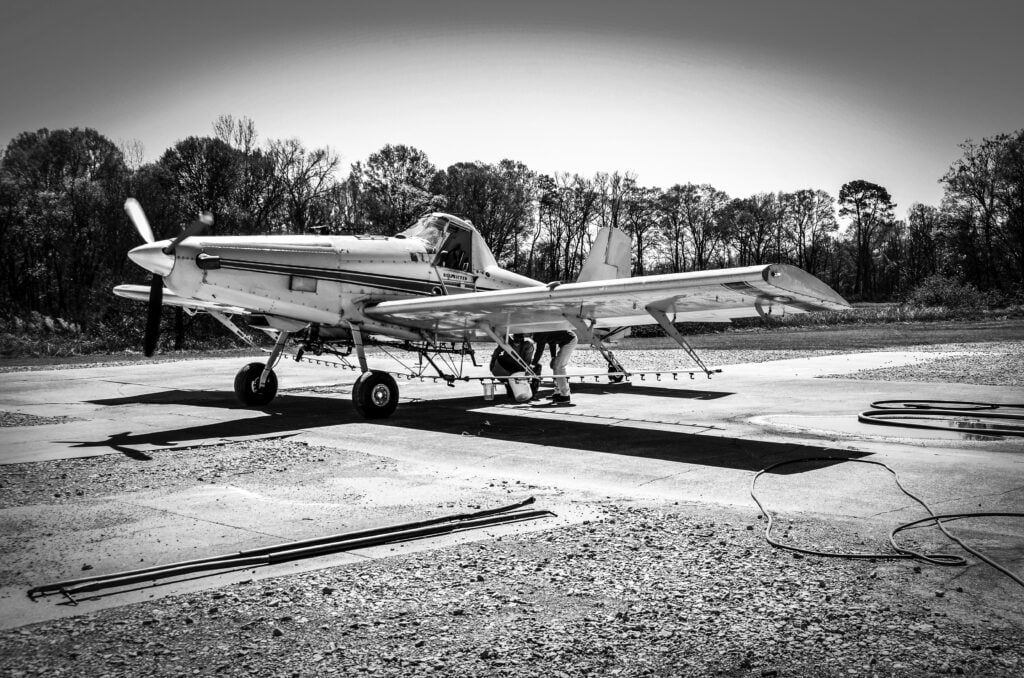
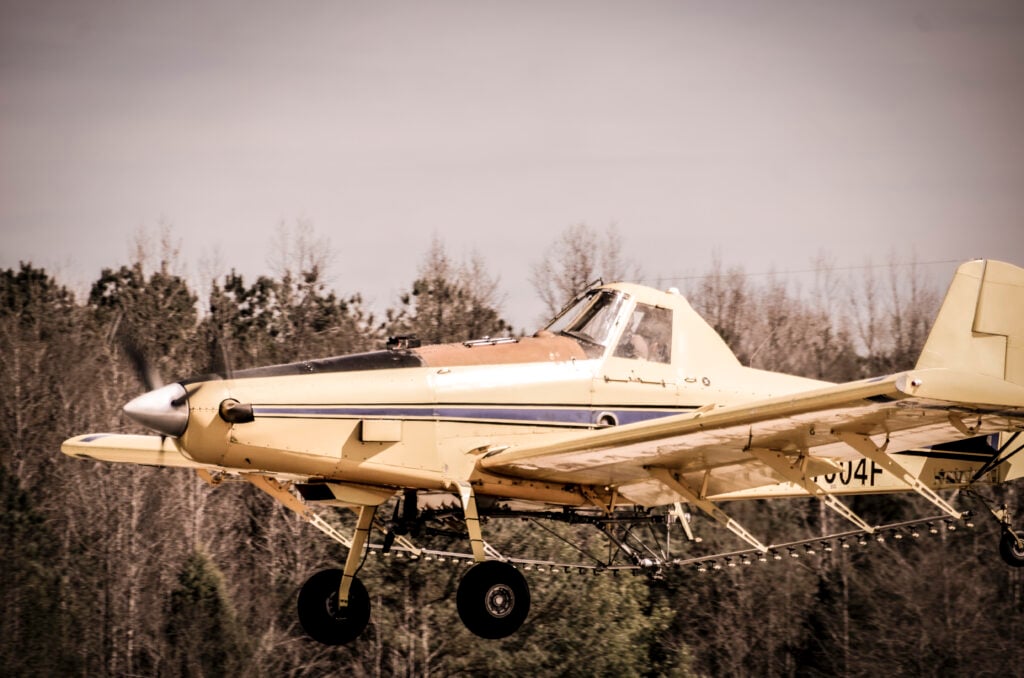
Over the years, Gentry operated various aircraft, including a 550 Thrush, AT-802 for fire contracts, and multiple helicopters. By the time he turned 40, he had found himself managing four helicopters and four airplanes, realizing the high stress levels involved. He had always envisioned retiring at 40, but the economic downturn of 2008-2009 changed those plans. The financial crisis forced him to downsize, selling off multiple aircraft and his share of the helicopter business. He continued flying a single AT-502, joking that it was the closest he had ever been to retirement.
As time passed, Gentry focused on mentoring the next generation of ag pilots. His first protégé, John Adams, started flying a Weatherly before advancing to an AT-502 and eventually moving on to Texas. Gentry and John still talk regularly.
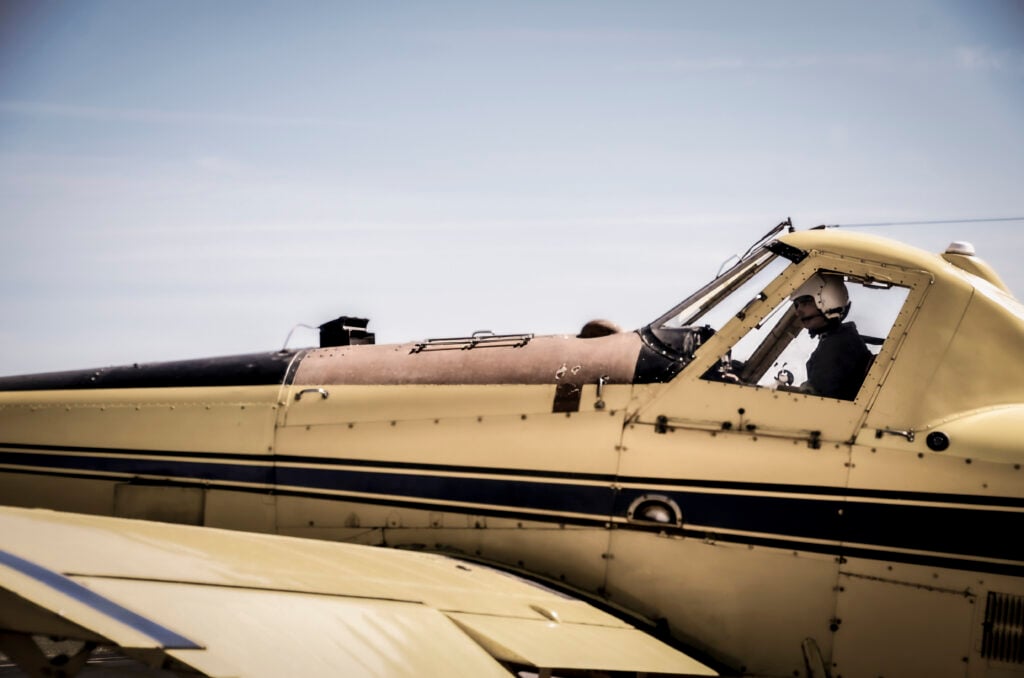
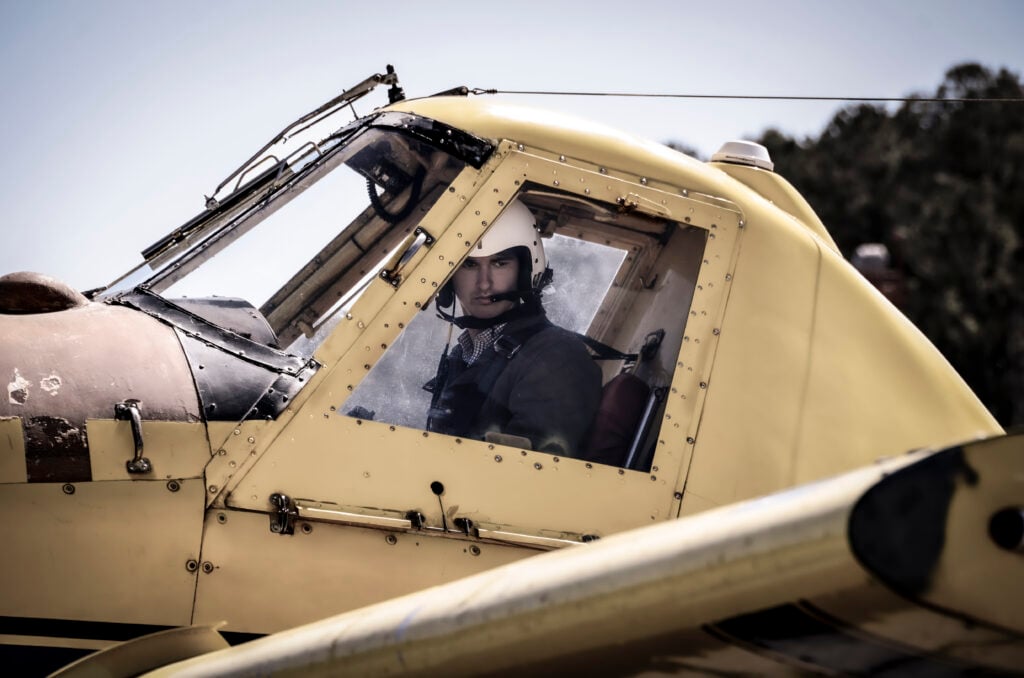
In 2016, Dustin Beck began working at Gentry’s FBO in Selma, Alabama, while finishing his flight ratings in college. After selling his lawn care business, Dustin transitioned to aviation full-time, working his way up from loading planes to piloting an AT-301 and then an AT-502. In 2020, Dustin started flying the AT-602 and has been in it ever since.
Gentry’s son, Reed, grew up immersed in agricultural aviation. Soloing at 16, Reed initially pursued college baseball but was sidelined by an injury. Returning home, he refocused on aviation, making his first solo application flight in an AT-301 on June 10, 2020, one day before turning 21. Reed worked the AT-301 for over a year before transitioning to the AT-502. At the end of 2021, Gentry upgraded his fleet again, replacing the AT-301 with another AT-502.
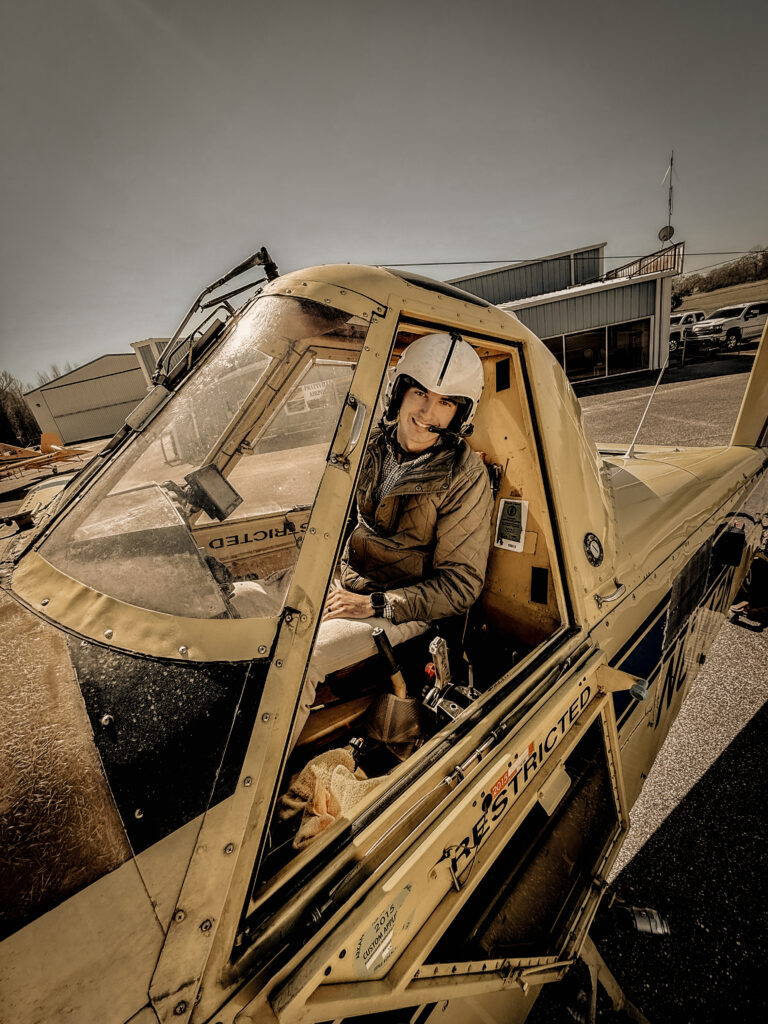
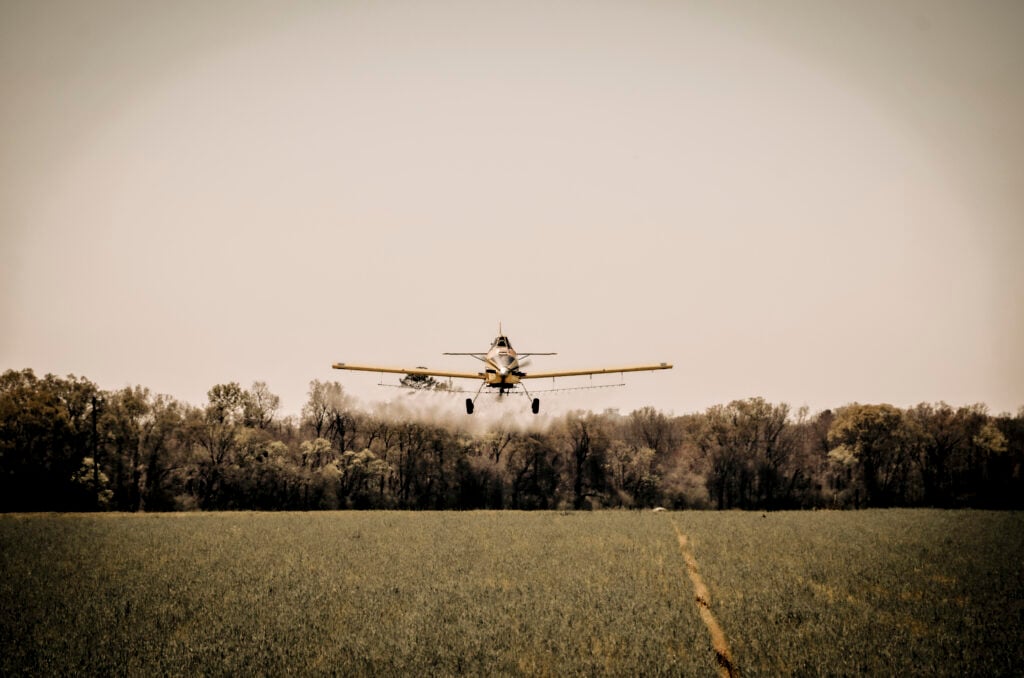
Another aspiring ag pilot, Marcus Crutchfield, entered the industry after discovering an old Cessna 188 on a farm in Jay, Florida. His passion led him to restore the aircraft with mentorship from Matt Peed. Marcus later befriended Eddie Giddens, whose tragic accident left Marcus uncertain about his future. Gentry stepped in, providing guidance and eventually bringing Marcus into his operation in 2022.
Today, Gentry Smith has done it all—from managing a bustling fleet of planes and helicopters to downsizing for sustainability. His company, Gentry’s Flying Service, operates two AT-502s and an AT-602. Though he still flies when needed, he primarily focuses on business operations and mentoring the next generation. In the 25 years he has been in business, seven pilots he has mentored are actively working in this industry. With a commitment to helping young pilots gain the tools for long, successful careers, Gentry continues to leave a lasting impact on the next generation of agricultural aviators.
